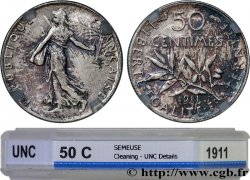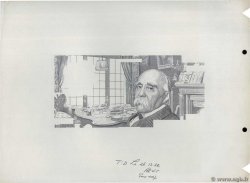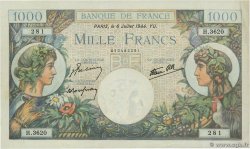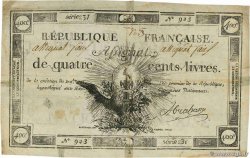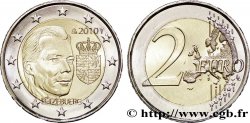E-auction 443-354567 - fme_412172 - III REPUBLIC Médaille pour l’élection de Jean Casimir-Perier
You must signin and be an approved bidder to bid, LOGIN TO BID. Accounts are subject to approval and the approval process takes place within 48 hours. Do not wait until the day a sale closes to register. Clicking on « bid » constitutes acceptance of the terms of use of cgb.fr private e-auctions.
Bids must be placed in whole Euro amounts only. The sale will start closing at the time stated on the item description; any bids received at the site after the closing time will not be executed. Transmission times may vary and bids could be rejected if you wait until the last second. For further information ckeck the E-auctions F.A.Q.
NO BUYER'S FEE.
NO BUYER'S FEE.
| Estimate : | 150 € |
| Price : | 74 € |
| Maximum bid : | 76 € |
| End of the sale : | 11 October 2021 18:41:30 |
| bidders : | 6 bidders |
Type : Médaille pour l’élection de Jean Casimir-Perier
Date: 1894
Mint name / Town : 49 - Angers
Metal : bronze
Diameter : 72 mm
Orientation dies : 12 h.
Engraver BOURGEOIS Léon Max (1839-1901)
Weight : 177 g.
Edge : lisse + corne BRONZE
Coments on the condition:
Superbe médaille avec de très beaux reliefs et une patine sombre et brillante, particulièrement agréable
Obverse
Obverse legend : RÉPUBLIQUE FRANÇAISE.
Obverse description : La République trônant avec une torche dans la main gauche et une branche de lauriers dans la droite ; dans un environnement avec une ruche, une lyre, une enclume, un globe, une faux, des livres et une palette de peinture.
Reverse
Reverse legend : L’AN / MDCCCCLXXXXIV / LE XXVIIIÈME JOUR DE JUIN / L’ASSEMBLÉE NATIONALE ÉLIT / MR CASIMIR-PERIER / PRÉSIDENT / DE LA RÉPUBLIQUE.
Reverse description : Légende en 9 lignes avec un cartouche posé sur une branche de chêne avec deux faisceaux.
Commentary
Médaille signée par le graveur Léon Max Bourgeois, avec le monogramme MB au revers. Les productions de Max Bourgeois sont souvent associées à l’Assemblée nationale, au Sénat, sans que sa biographie n’ait laissé de grandes traces...
Médaille attribuée au député L. BOUGÈRE. Laurent Bougère est un homme politique français né le 14 décembre 1864 à Angers (Maine-et-Loire) et décédé le 18 août 1918 à Savennières (Maine-et-Loire). Frère de Ferdinand Bougère, il est employé dans la banque familiale, qu'il dirige à partir de 1885, ainsi qu'une entreprise de matériaux de chemin de fer. Il est conseiller d'arrondissement, conseiller municipal d'Angers et conseiller général du canton de Candé. Il est député de Maine-et-Loire de 1893 à 1918, siégeant à droite.
Jean Casimir-Perier, né le 8 novembre 1847 à Paris et mort le 11 mars 1907 dans le 16e arrondissement, est un homme d'État français. Il est président de la République française du 27 juin 1894 au 16 janvier 1895, date de sa démission. Élu à l’âge de 46 ans, il est le deuxième plus jeune jamais élu à cette fonction, toutes républiques confondues, après Louis-Napoléon Bonaparte. Il détient aussi le record du mandat de président de la République française le plus court, toutes républiques confondues, soit 6 mois et 16 jours..
Médaille attribuée au député L. BOUGÈRE. Laurent Bougère est un homme politique français né le 14 décembre 1864 à Angers (Maine-et-Loire) et décédé le 18 août 1918 à Savennières (Maine-et-Loire). Frère de Ferdinand Bougère, il est employé dans la banque familiale, qu'il dirige à partir de 1885, ainsi qu'une entreprise de matériaux de chemin de fer. Il est conseiller d'arrondissement, conseiller municipal d'Angers et conseiller général du canton de Candé. Il est député de Maine-et-Loire de 1893 à 1918, siégeant à droite.
Jean Casimir-Perier, né le 8 novembre 1847 à Paris et mort le 11 mars 1907 dans le 16e arrondissement, est un homme d'État français. Il est président de la République française du 27 juin 1894 au 16 janvier 1895, date de sa démission. Élu à l’âge de 46 ans, il est le deuxième plus jeune jamais élu à cette fonction, toutes républiques confondues, après Louis-Napoléon Bonaparte. Il détient aussi le record du mandat de président de la République française le plus court, toutes républiques confondues, soit 6 mois et 16 jours..







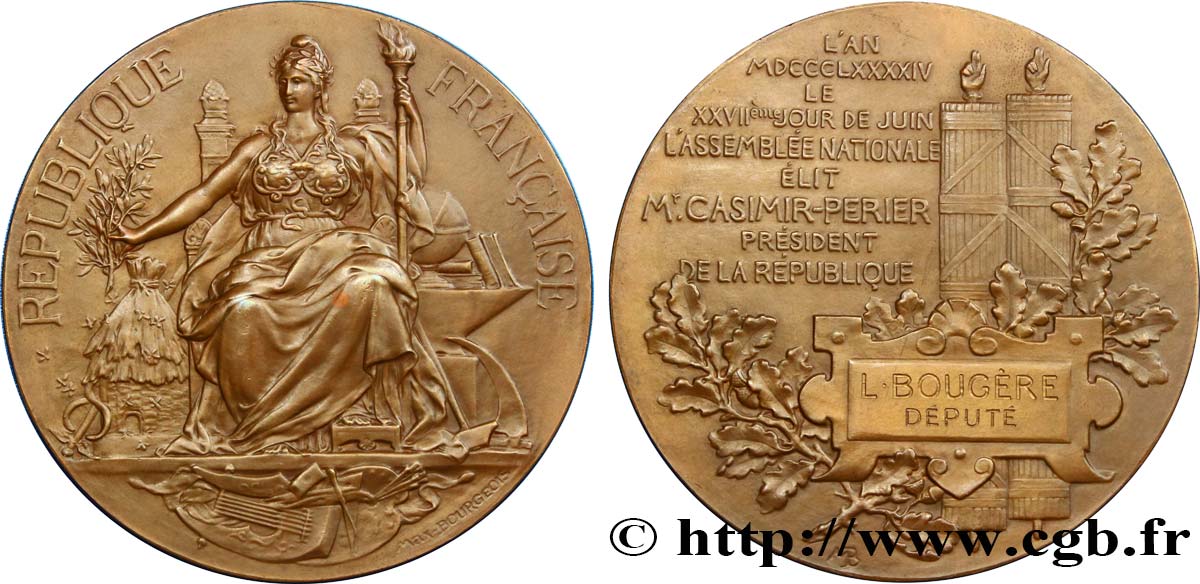
 Report a mistake
Report a mistake Print the page
Print the page Share my selection
Share my selection Ask a question
Ask a question Consign / sell
Consign / sell
 Full data
Full data

